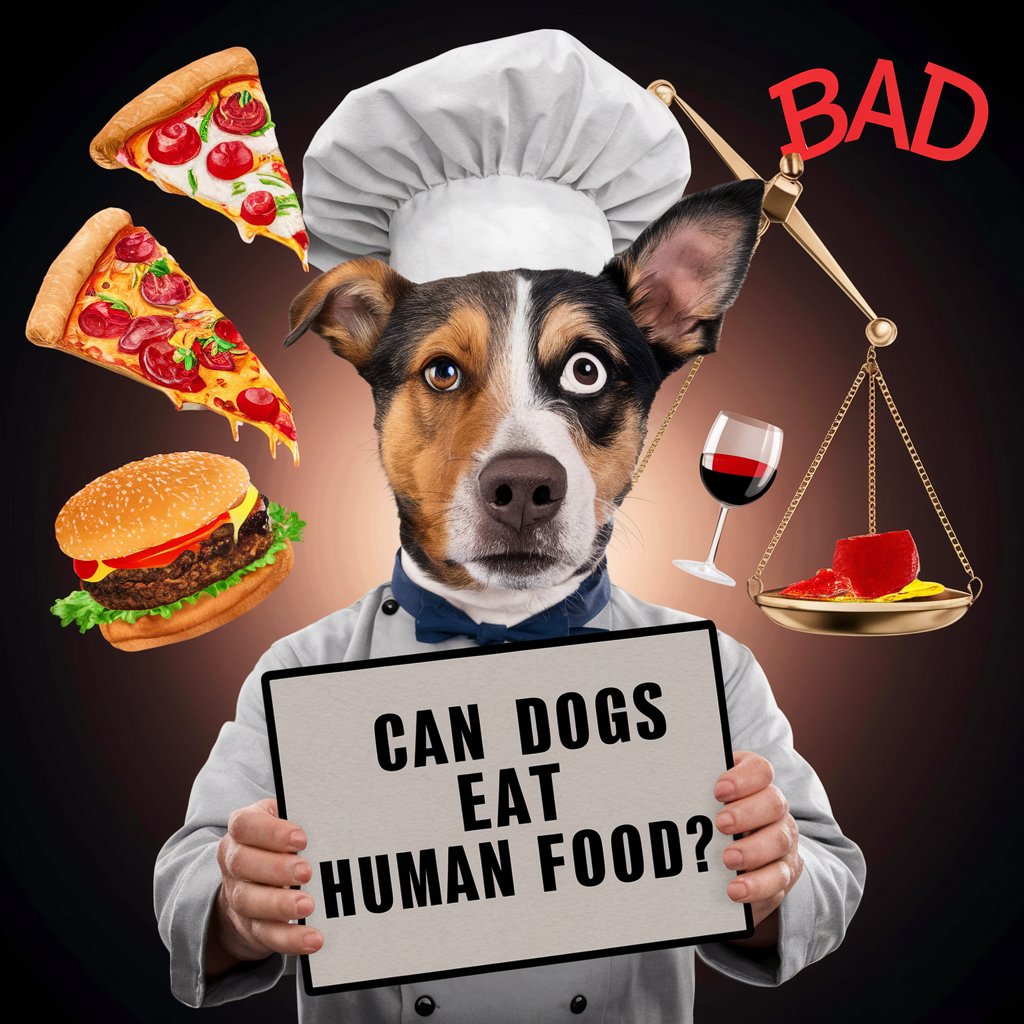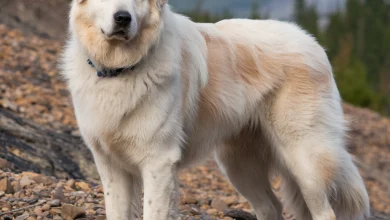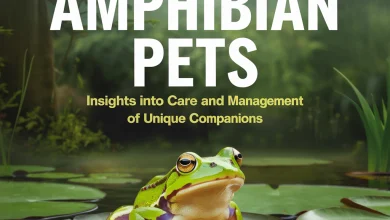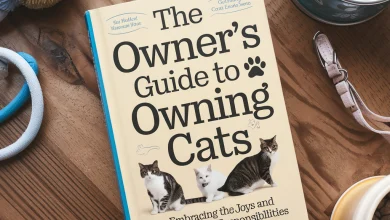Human Food Can Dogs Eat: Bad or Good?
As dog owners, it’s natural to want to share our food with our furry friends. After all, who can resist those puppy eyes staring at your dinner plate? But before you toss a morsel to your pooch, it’s important to know which human foods are safe and which can be harmful. Here’s a simple guide to help you navigate the world of human food for dogs.

The Good: Dog-Friendly Human Foods
1. Carrots
Carrots are a crunchy, low-calorie snack that’s great for dogs. They’re high in fiber and vitamins, especially vitamin A, which is good for your dog’s eyes.
2. Peanut Butter
Most dogs go crazy for peanut butter. It’s a great source of protein and healthy fats, but make sure it’s free from xylitol, a sugar substitute that’s toxic to dogs.
3. Apples
Apples are a sweet treat packed with vitamins A and C. They also provide a good source of fiber. Just be sure to remove the seeds and core.
4. Blueberries
These tiny berries are antioxidant powerhouses. They can help fight off free radicals and support your dog’s overall health.
5. Pumpkin
Pumpkin is excellent for dogs with digestive issues. It’s full of fiber and can help with both diarrhea and constipation.
6. Chicken
Cooked chicken is a safe and delicious protein source for dogs. Just make sure it’s unseasoned and boneless.
7. Rice
Plain, cooked rice can be soothing for a dog’s upset stomach. It’s easy to digest and can help with gastrointestinal issues.
8. Green Beans
Green beans are low in calories and high in fiber. They’re a great snack, especially for dogs on a diet.
9. Sweet Potatoes
Sweet potatoes are packed with vitamins and fiber. They’re also a healthier alternative to white potatoes.
10. Yogurt
Plain, unsweetened yogurt can be a good source of probiotics for dogs, which can help with digestive health.
The Bad: Foods to Avoid
1. Chocolate
Chocolate contains theobromine, which is toxic to dogs. Even a small amount can cause serious health issues, including vomiting, diarrhea, and even death.
2. Grapes and Raisins
These fruits can cause kidney failure in dogs. It’s best to avoid them entirely.
3. Onions and Garlic
Onions and garlic can damage a dog’s red blood cells, leading to anemia. Even small amounts can be harmful.
4. Avocado
Avocados contain persin, which can cause vomiting and diarrhea in dogs. The pit is also a choking hazard.
5. Alcohol
Alcohol has a much stronger effect on dogs than on humans. Even a small amount can lead to poisoning and serious health issues.
6. Caffeine
Caffeine is toxic to dogs and can cause rapid breathing, heart palpitations, and muscle tremors.
7. Xylitol
This artificial sweetener is found in many sugar-free products and can cause a dangerous drop in blood sugar, leading to seizures and liver failure.
8. Macadamia Nuts
Macadamia nuts can cause weakness, vomiting, and hyperthermia in dogs. They’re highly toxic and should be avoided.
9. Raw Dough
The yeast in raw dough can expand in a dog’s stomach, causing severe pain and potentially life-threatening complications.
10. Fatty Foods
High-fat foods can lead to pancreatitis in dogs. Avoid giving your dog fatty cuts of meat or anything fried.
Conclusion: When in Doubt, Check It Out!
Before sharing any human food with your dog, it’s always best to check with your veterinarian. While many foods can be a healthy addition to your dog’s diet, others can be harmful or even deadly. By knowing what’s safe and what’s not, you can keep your furry friend happy, healthy, and safe.
Remember, moderation is key. Even dog-friendly foods should be given in appropriate amounts to avoid any digestive issues. Happy feeding!
By understanding which human foods are safe for dogs and which are not, you can ensure your pet stays healthy and happy. If you ever have any doubts, a quick call to your vet can provide peace of mind. Enjoy sharing the right treats with your furry friend!



